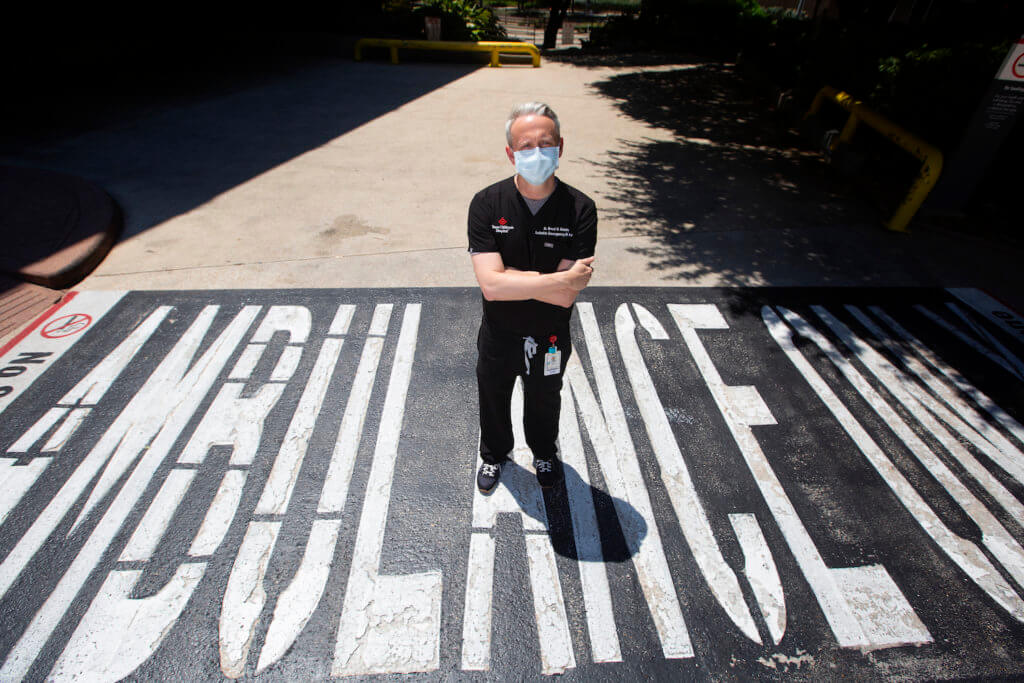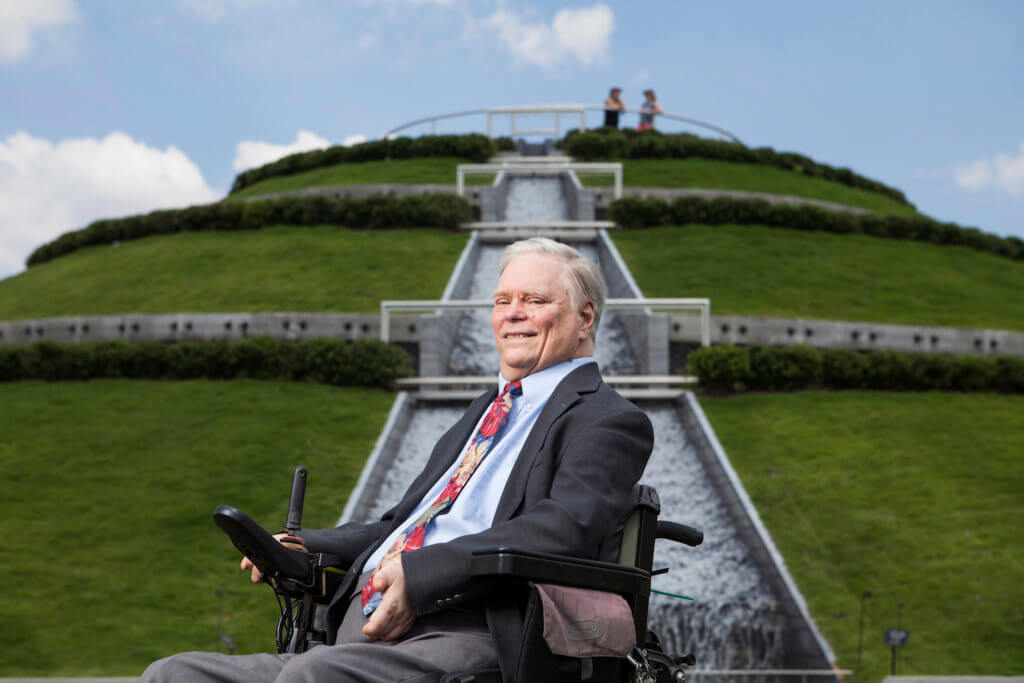“Our rehabilitation programs can mitigate the negative effects of COVID-19.”

Gerard Francisco, M.D., is chief medical officer for TIRR Memorial Hermann rehabilitation hospital and chairman and professor in the department of physical medicine and rehabilitation at UTHealth’s McGovern Medical School. He spoke with TMC News on June 3, 2020.
::::::::::::::::::::::::::::::::::::::::::::::::::::::::::::::::::::::::::::::::::::::::::::::::::::::::::::::::::::::::::::::::::::::::::::::::::::::
Looking for the latest on the CORONAVIRUS? Read our daily updates HERE.
::::::::::::::::::::::::::::::::::::::::::::::::::::::::::::::::::::::::::::::::::::::::::::::::::::::::::::::::::::::::::::::::::::::::::::::::::::::
From what we heard about COVID-19 initially, from my colleagues in China, many of the patients have severe debilities. There was a subset of patients with neurologic problems, including what appears to be spinal involvement. After that, news came that they were seeing patients who seem to have had a stroke.
Rehabilitation has a track record of helping people recover quicker. There is no medication right now that will totally reverse the effects of this virus, but our rehabilitation programs can mitigate the negative effects of COVID-19.
Many people think that once you recover from the virus, you just rest for a few more days and then you’re back to where you were before. That’s not what we know right now.
This virus affects each and every organ system in the body. The brain is not immune to it, so depending on what part of the brain is affected, some recovered COVID-19 patients have reported problems with memory. Some of them describe themselves as being slower to function, slower to think.
Right now we’re not sure if it’s the virus alone that’s causing issues of cognition, or was it because of other medications or other medical conditions that occurred while these patients were recovering. My guess is that it’s an interplay of all that. Sometimes we’ll do neuropsychological testing to help us better characterize the nature of these cognitive problems. Depending on what those neuropsychological evaluations yield, we may be able to tailor the appropriate intervention.
On the physical side, I anticipate we will have a lot of reconditioning, strengthening and building up to do. We will be assessing speech and swallowing, because I anticipate that many COVID-19 patients had breathing tubes that affected their vocal cords and their ability to swallow safely.
We’re going to look at functional tasks. Someone may be physically well but may have trouble with meal preparation or driving. We’ll be involving our team members who will assess the person’s capability to return to work.
Outcomes vary from person to person. What is frustrating is that we cannot predict what the outcome is going to be. For instance, one of the early reports we got from our colleagues in New York is that they had patients with relatively mild COVID symptoms—people who were seen in the emergency room but did not even have to be admitted—who ended up having strokes. Who could have predicted that? So now we’re understanding through inference that one of the unusual things about COVID is that the virus affects the blood-clotting mechanism of the body. The blood becomes thicker. … That’s why some people end up with kidney failure, others have the COVID purple toes, others have heart involvement. That’s why even some teenagers have heart failure—because of the involvement of the blood vessels of the heart.
But the good news is that for many of the cases that have been reported, there are ways that we can help. While we may not be able to give a definitive treatment, we can help these patients in rehabilitation.




